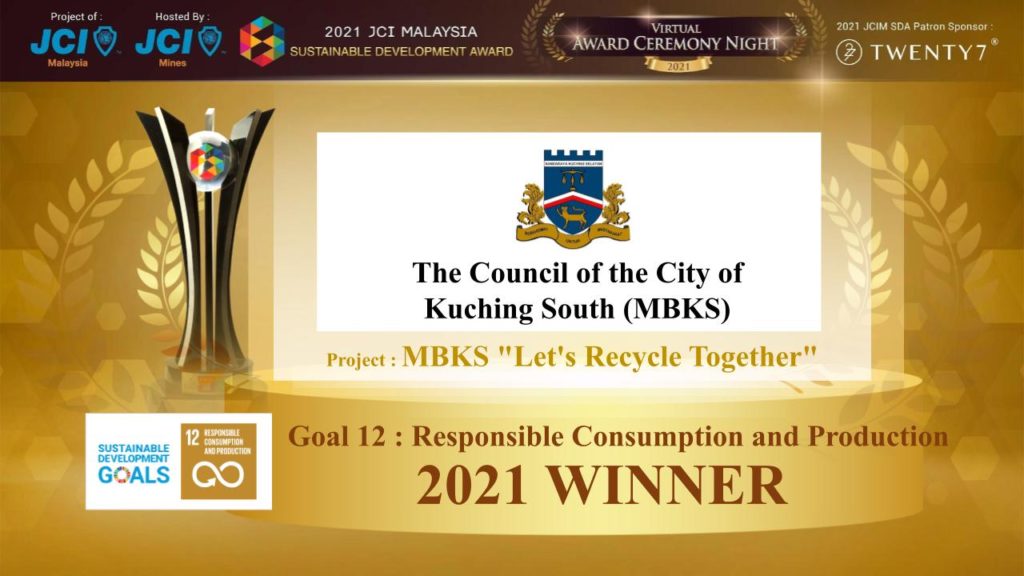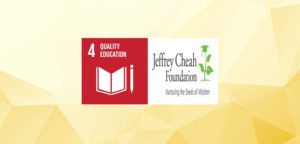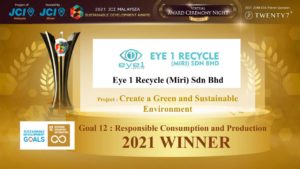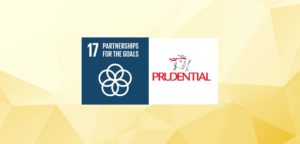The Bio-Mate Composting, Takakura Home Method Composting and Buy Back Recycling Campaign are a three-pronged strategy and a project initiated by MBKS to promote recycling as part of the Council’s waste minimization efforts.
Composting is a form of recycling and is one of the tiers in the US EPA Food Recovery Hierarchy. MBKS implemented the Bio-Mate Composting and Takakura Home Method Composting to curb food waste with active participation from both commercial entities and residential homes.
In 2012, as its first pilot project, the Bio-Mate high speed organic waste composting machines were set up at MBKS Stutong Green Centre located at Stutong Market in the Tabuan Township with participation from 562 stallholders who are the daily suppliers of fresh produce at this marketplace. The project was later implemented at Petanak Market with participation from 292 stallholders.
At the same time, the Takakura home method composting was introduced to the residents of Tabuan Township, which comprises a populace of 45,000 people. Scheduled workshops on Takakura home method composting were organised to present and guide house owners on the process and benefits of recycling organic waste into compost.
In addition to composting, MBKS implemented the Buy Back Recycling Campaign where the public could gather their solid wastes such as old corrugated carton box, newspaper, PET bottle, aluminium can or mixed plastic; drop them at designated MBKS recycling drop-off centres and collect points that could be used to exchange for useful household items like liquid detergent, dishwash, hand soap, tissue or toilet paper.
Project Result/Impact:
Bio-Mate Composting
Through the Bio-Mate Composting initiative, the targeted market stallholders became aware of how they could play an important role in recycling to minimise waste. They learnt that composting is a form of recycling organic waste and the ways to reuse compost as organic fertilizer for landscaping or other purposes. There was an increase of 1,035.58 tonnes of organic waste being converted into compost from 2012 to 2020 collected from MBKS Stutong Green Centre and Petanak Market.
Takakura Home Method Composting
3,728 participants attended 48 Takakura workshops held from 2012 and 2014 as compared to 6,685 participants that attended 75 Takakura workshops held from 2015-2020, showing an increase of 55.8%. Surveys conducted at 1,500 residences in Tabuan Township indicated there is an increased awareness and knowledge on the use and benefits of this home method composting, with 75% of respondents in the 2019 survey being aware or actively using the method, as compared to 59% of respondents in the 2014 survey. This indicates that the residents, mostly housewives and senior citizens, are able and willing to do their part in recycling their food waste through Takakura composting.
Buy Back Recycling Campaign
The Buy Back Recycling Campaign was launched in 2012 and has expanded from initially one drop-off centre to now four drop-off centres at Kenyalang Park, Bormill Estate, Tabuan Laru and BDC. This indicates the increased awareness and acceptance of the general public that recycling benefits not only the environment but also themselves as they are able to exchange useful household items for their solid waste through a buy back recycling point system.
To supplement and support the buyback recycling drop-off centres, MBKS also provided scheduled pick up services at different housing estates to collect the recyclable items directly from the house owners, who would also be rewarded with points exchangeable for household products.
This additional service enables the Council to extend further their recycling efforts and outreach in the community as it offers greater convenience to the people.
The tagline for United Nations Sustainable Development Goals (UNSDGs) is “Leaving No One Behind.” Please explain how the nominated project helps to realize and advance the commitment of UNSDGs for the future. Highlight any other SDG(s) that your project has directly or indirectly created a positive impact on people and society.
“Leaving No One Behind”, the tagline of UNSDGs is about equality and non-discrimination at the heart of sustainable development. Recycling contributes to sustainable development by helping to conserve resources, protect ecosystems and encourage biodiversity. Recycling also naturally reduces waste by keeping them out of landfills; and in most sustainability projects today, recycling is a major part of managing waste produced by the ever-growing populace in a sustainable manner.
Recycling requires participation from every strata of society, regardless of age, race, culture, religion or status. Bearing this in mind, MBKS initiated the following long-term recycling projects to allow the community at large to be able to participate in the efforts and commitment toward achieving sustainable development in Kuching City. The Bio-Mate Composting project targets the marketplace stallholders who are suppliers of fresh produce; while the Takakura Home Method Composting project targets the home owners of a township.
The Buy Back Recycling Campaign is all-encompassing and targets the general public. The “Buy Back” feature will be added to the iPeople app, which will lead to wider outreach for people interested to recycle their solid waste for points or reward redemption. For those without smartphones, a physical ID card with unique QR code will be provided. Everyone needs to be involved and in return everyone will benefit by contributing to the recycling process. In this sense, no one is left behind.
UN Sustainable Development Goal 11 is about Sustainable Cities and Communities. Building sustainable and resilient cities and communities involves many factors, encompassing factors such as creating business or job opportunities, green spaces for public use, reducing pollution and managing wastes, conserving energy, encouraging healthy living to urban planning and management that includes strong community participation.
According to the UN, 4.2 billion or 55% of the world population lived in cities in 2018, which is expected to reach 6.5 billion by 2050. Cities account for about 70% of the carbon emissions. By reducing energy consumption, recycling can assist to reduce carbon or greenhouse gas emissions, factors that cause global warming.
As a thriving and growing city, Kuching and its people need to contribute towards the city’s sustainability. MBKS, as the Council for Kuching City South and member of the Alliance for Healthy Cities, is a staunch advocate of building a sustainable Kuching city and community. Based on the increased data and results from the Bio-Mate Composting and Takakura Home Method Composting and Buy Back Recycling Campaign, they show the positive and strong community participation and commitment for these recycling programs, which in turn contributes towards a healthy, united and sustainable city.




